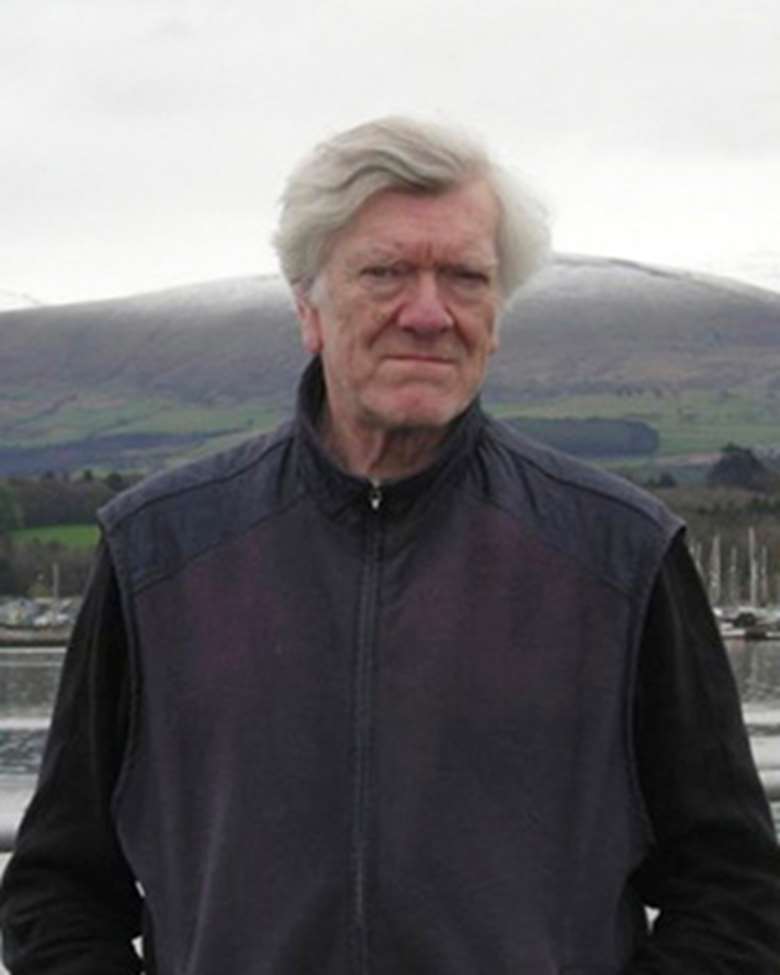British composer Anthony Payne has died
Sunday, May 2, 2021
The composer best known for completing Elgar's Third Symphony has died aged 84

Register now to continue reading
Thanks for exploring the Gramophone website. Sign up for a free account today to enjoy the following benefits:
- Free access to 3 subscriber-only articles per month
- Unlimited access to our news, podcasts and awards pages
- Free weekly email newsletter







